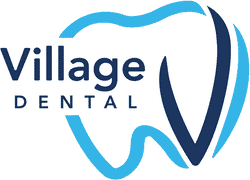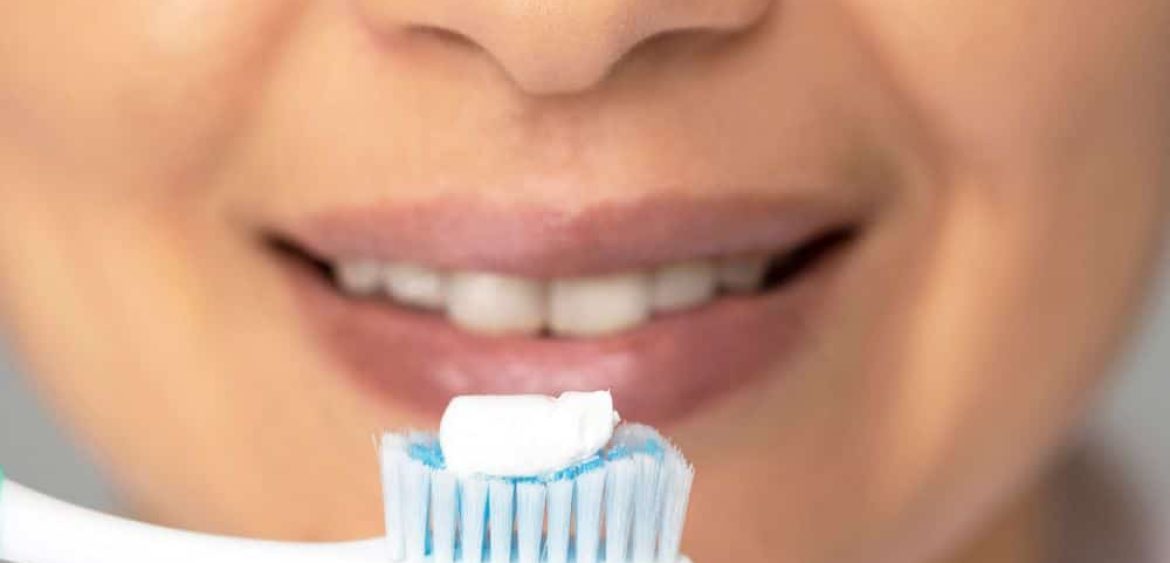When it comes to maintaining good oral health, one of the most basic and important practices is brushing your teeth.
By developing this regular habit you maximize oral health, avoid cavities and fillings, and keep your mouth happy!
Regular brushing also protects against issues like tooth decay, gum recession, gum disease, and bad breath. But how often should you brush? How often should you brush for your toddler or baby? And what about if you have braces? (More on this later.)
In this article, we will explore the recommended guidelines on how often you should brush your teeth to ensure optimal oral hygiene.
So, grab that brand-new toothbrush (soft bristles only), fluoride toothpaste, and dental floss. We’re ready to get started.
How Often to Brush Teeth As An Adult?
A consistent brushing routine is the single best way to maintain good oral health. The American Dental Association recommends brushing your teeth twice a day.
It is important to brush in the morning and before bed to remove plaque, which will help prevent gum disease and cavities.
To maintain good oral health, you should brush for at least two minutes each time you brush.
Brushing regularly can reduce cavities from starting, and stave off the signs of a cavity.
FYI: Don’t forget to replace your toothbrush every three to four months to maintain effective cleaning.
How Often to Brush Teeth as a Child?
Childhood is a critical time to develop the habit of brushing your teeth every day. Just like adults, children should brush their teeth twice daily, once in the morning and once in the evening.
If your children can’t do it themselves, then you may need to do it for them. Once they can do it well enough by themselves, it is still advised to supervise young children while they brush to ensure they are using the correct technique and covering all areas of their mouth.
Helping your children establish a habit of regular brushing can prevent tooth decay, gum disease, and other dental issues in the future. You can brush along with them so that they start to enjoy it!
Remember, establishing good oral hygiene practices from a young age sets the foundation for a lifetime of healthy smiles.
How Often to Brush Toddler Teeth?
When it comes to brushing toddler teeth, it is also recommended to brush them twice a day using a soft-bristled toothbrush (or even an extra soft brush). And make sure to use a small amount of fluoride toothpaste.
This routine helps prevent tooth decay and promotes good oral health from a young age. Parents should supervise and assist their toddlers with brushing to ensure all surfaces of the teeth are cleaned effectively. And get them off to a good start by visiting your local dentist office.
How Often to Brush Baby Teeth?
When it comes to brushing baby teeth, the American Dental Association recommends starting as soon as the first tooth emerges, which is roughly from ages 6 months to 12 months of age.
Starting around 6 months until about 12 to 14 months, your baby’s first tooth will push through the gums.
For infants, be sure to use a soft-bristled toothbrush with water. As more teeth come in, around the age of 2, a rice-sized amount of fluoride toothpaste can be used when they are able to spit vs swallow.
Brushing should be done twice a day, first in the morning and also before bedtime. It’s important to help young children brush as they likely won’t know how! You also want to wipe away excess toothpaste so they don’t swallow it.
How Often to Brush Teeth With Braces?
Brushing your teeth with braces is a little different.
When wearing braces, it is crucial to brush your teeth at least twice a day to maintain good oral hygiene. However, it is recommended to brush and use a pick after every meal and snack to prevent food particles from getting trapped in the braces.
Using a soft-bristled toothbrush and fluoride toothpaste, gently brush each tooth, both above and below the brackets, as well as the gum line. Flossing daily is also essential to remove debris from between teeth and braces.
By following a diligent oral care routine, even those with braces can maintain good overall dental health.
7 Important Reasons for Regular Tooth Brushing
1. Prevent Tooth Decay: Regular tooth brushing helps remove plaque, and plaque can lead to tooth decay if not removed regularly. Not sure how long you can leave a cavity untreated?
2. Prevent Gum Disease: Brushing your teeth helps prevent gum disease by removing bacteria that can cause inflammation and infection in the gums.
3. Maintain Tooth Enamel: Brushing with fluoride toothpaste helps strengthen tooth enamel, protecting teeth from acid attacks that can lead to erosion.
4. Freshen Breath: Brushing your teeth helps remove food particles and bacteria that can cause bad breath, keeping your breath fresh.
5. Prevent Tooth Loss: Good oral hygiene, including regular tooth brushing, can help prevent tooth loss due to decay or gum disease.
6. Improve Overall Oral Health: Regular brushing, along with flossing and routine dental check-ups, contributes to good oral health.
7. Enhance Aesthetics: Brushing your teeth regularly helps maintain a bright smile by preventing stains and discoloration.
FYI: If your tooth is already bothering you, it’s not too late to get it treated. See a dental professional as soon as you can.
Let’s Recap How Often Should You Brush Your Teeth
Regular tooth brushing is essential for maintaining good oral health. And brushing your teeth twice a day, as recommended by the American Dental Association, helps prevent tooth decay and gum disease while promoting overall oral health.
Make sure to use fluoride toothpaste and a soft-bristled toothbrush to effectively remove plaque, bacteria, and food particles that can lead to dental problems. By incorporating regular brushing into your daily routine, you will protect your tooth enamel, prevent bad breath, and maintain that beautiful smile.
Remember, while brushing your teeth regularly is important, so are regular dental visits. Brushing and flossing only get you so far. It takes regular checkups by a dentist to ensure everything is going well.
Visit us today at Village Dental for that all-important cleaning and exam, or give us a call. 816-263-3900
FAQs Related to How Often Should You Brush Your Teeth
Is brushing your teeth 3 times a day too much?
The recommended amount is twice a day. But 3 times won’t hurt you, and if you wear braces, it is usually a good idea. In fact, with braces, you might want to consider more than 3 times a day.
How do you know if you brush your teeth too much?
Here are some signs you might be brushing too often: Bleeding gums, tooth pain or discomfort, you notice your teeth becoming sensitive to cold or hot drinks. Talk to your dentist about this.
Should you brush or floss first?
One study suggests that flossing before brushing was more effective in removing plaque between the teeth. But if you regularly brush and floss, you are doing a great job keeping your teeth and gums healthy.



